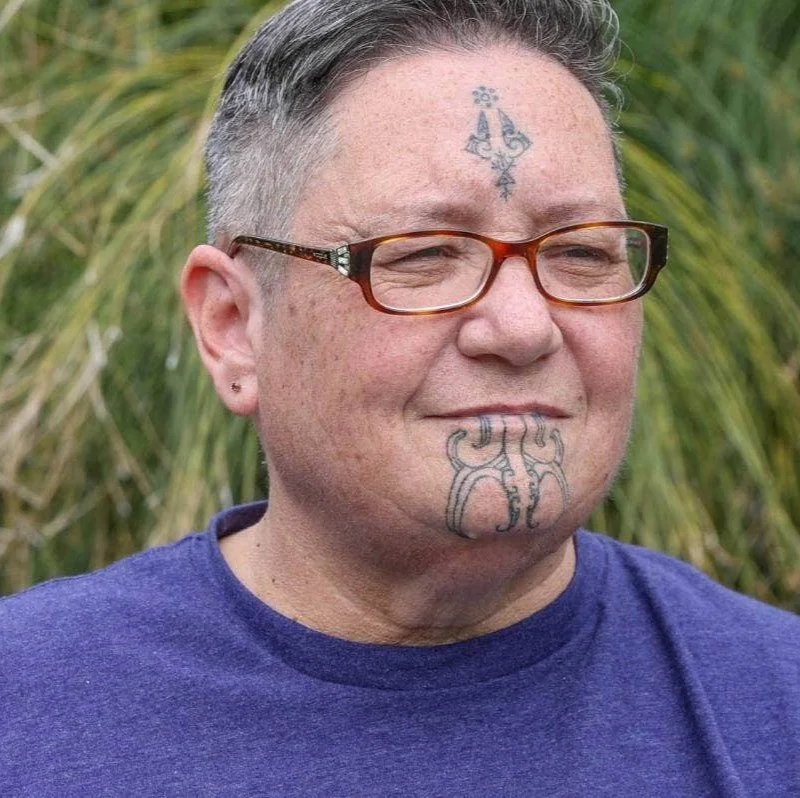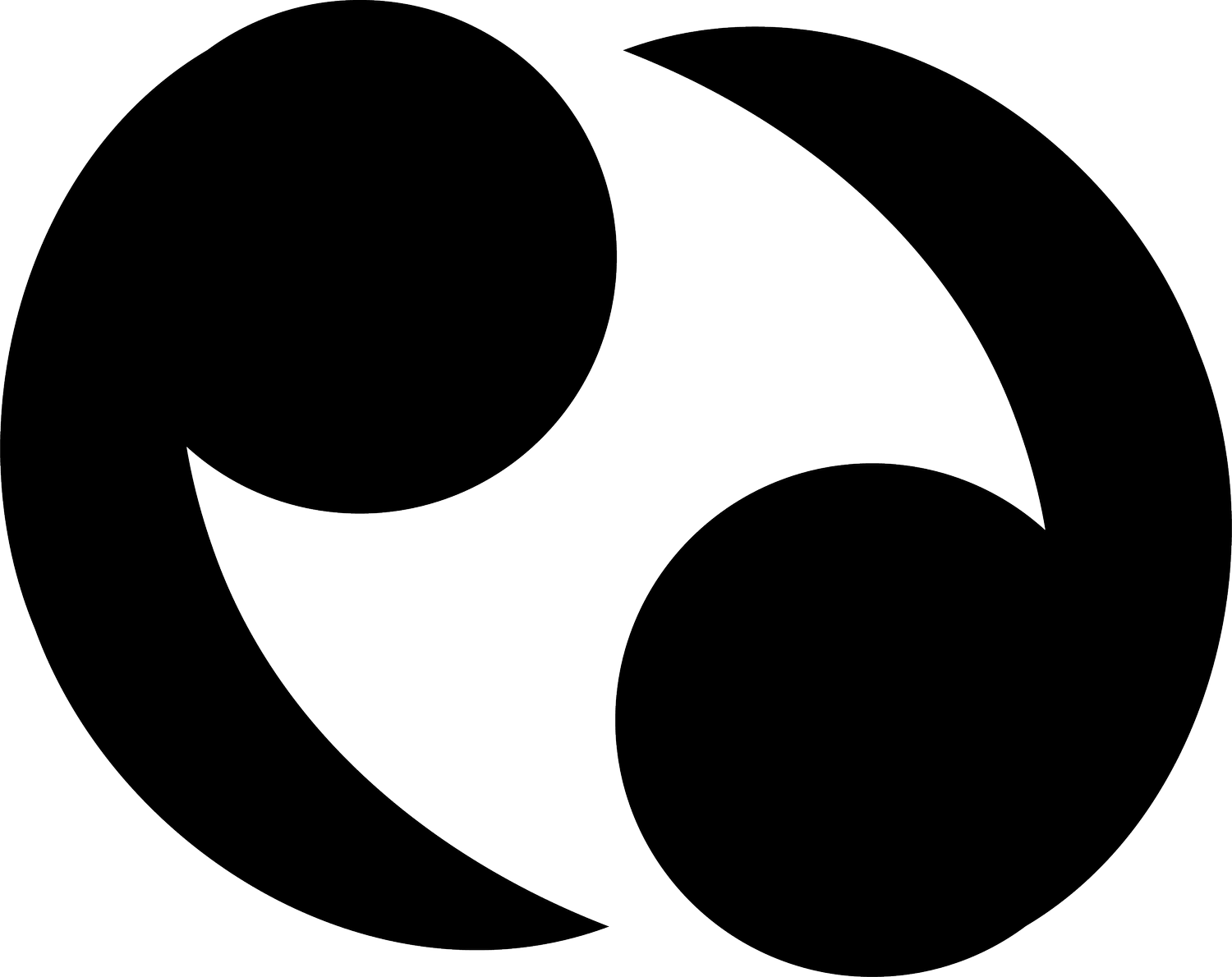About Us
My Life My Voice was formed in 2020 with the goal of connecting disabled people with their community and helping them find support for themselves. With approximately 80% of staff and all governing board members being disabled people, we know the way social networks help disabled people feel understood and the impact support systems can have.
As a proud Disabled Person’s Organisation, we seek to improve the lives of disabled people at a personal and communal level. We do this via local community groups, a nationwide peer support programme, and regional Kaitūhono/Connector services that help you access formal supports.
Whaikaha - Ministry of Disabled People is the primary funder of My Life My Voice. We hold contracts for the delivery of our Kaitūhono/Connector services, our Peer Network, and Community Capacity Development to facilitate the rollout of EGL nationwide. Supplementary funding is obtained through philanthropic grants and other avenues to enable us to grow and develop our work.
Our Funding
My Life My Voice acknowledges Te Tiriti o Waitangi, the New Zealand Disability Strategy (NZDS), the United Nations Convention on the Rights of Persons with Disabilities (UNCRPD), the United Nations Declaration on the Rights of Indigenous Peoples (UNDRIP), and any other relevant regulations regarding people with disabilities, and their principles as touchstones for our commitment to helping and supporting the disability community and reducing the inequities that exist in health, social and life outcomes for disabled people.
We use the Enabling Good Lives principles to guide our work and base our practices on the United Nations Convention on the Rights of Persons with Disabilities (UNCRPD). Our actions align with Whāia Te Ao Mārama which is a culturally anchored approach to supporting Māori with disabilities (tāngata whaikaha) and their whānau.
Kaitūhono/Connector services are time-limited options, with the aim being to get disabled people and whānau to a place where they have a future of increased resilience and capability.
Our Commitment
Our Board Members
-

Joanne Dacombe
Joanne was diagnosed as deaf in 1972 and Autistic in 2012. Joanne is passionate about the UNCRPD and the NZ Disability Strategy and is keen to see disabled people from all walks of life increase in their capacity and capability to have a good life of their choosing with the right support. Joanne is passionate about disabled people helping other disabled people and saw My Life My Voice as a natural vehicle to facilitate this.
-

Huhana Hickey
Huhana Hickey has been long active in the disability community as a solicitor at Auckland Disability Law and a Māori Research Fellow at the Taupua Waiora Māori Health Research Unit. She was also the indigenous peoples’ representative for the International Disability Association steering group caucus when developing the UNCRPD.
Huhana is now a director of Pukenga Consultancy Ltd., holds several governance roles, is a member of the Multiple Sclerosis Society of New Zealand, is chair for a Waka Kotahi Māori advisory group, sits on multiple boards and groups, and is a life member of Rostrevor House in the Waikato.
-

Tristram Ingham
Dr. Tristram Ingham is an Associate Professor and clinical epidemiologist at the University of Otago, Wellington. Of Ngāti Kahungunu ki Heretaunga and Ngāti Porou descent, Dr. Ingham has lived with a physical disability since birth, which has fueled his dedication to addressing health inequities and advocating for Māori and disabled communities. He serves as the Deputy Head of the Department of Medicine and focuses on research related to long-term conditions and public health policy.
Dr. Ingham's governance roles include Chair of the Foundation for Equity and Research New Zealand (FERNZ) and Te Ao Mārama Aotearoa Trust, and he is a board member of Te Tāhū Hauora the Health Quality & Safety Commission. His contributions to disability communities have earned him the honor of Officer of the New Zealand Order of Merit (ONZM).
-

Gerri Pomeroy
Gerri has identified as a disabled person for more than 20 years and has been active in the disabled community during that time. Gerri has built strong relationships with disabled people, family and whānau as well as disabled person’s organisations. Gerri believes passionately in disabled people’s right to have authority, control and choice in their everyday lives. Gerri supports the development of strong peer networks so disabled people can provide support to each other and grow their expertise together.
